Ep. 221 | The History of Tang Poetry (Part 4)
Li Bai is showcased in this fourth installment of Laszlo’s not very deep dive into the history of Tang poetry. We’re still in the High Tang period of Chinese poetry. This episode will focus more on Li Bai’s story (and legend) rather than an in-depth analysis of his poetry. He, along with several other poets from this time are cultural icons and treasures of the Chinese people.
As always, please check the links and resources below for other scholarly and biographical info on Li Bai, Du Fu and other great Tang poets. This episode is especially geared towards those CHP listeners who may have never heard these names before.
Listen On Your Favorite Podcast Player
Terms in Episode
| Pinyin/Term | Chinese | English/Meaning |
|---|---|---|
| Bái Jūyì | 白居易 | Lived 772-846, great Tang poet and scholar-official. We'll get to him later in the series |
| báijiǔ | 白酒 | Chinese wine (made from rice, sorghum and other ingredients) |
| Cháng’ān | 长安 | Ancient capital of more than a few dynasties/ Present day Xian |
| Chéngdū | 成都 | Capital of Sichuan province |
| Chūn yè Luòchéng wén dí | 春夜洛城闻笛 | Li Bai's poem, "Hearing a Bamboo Flute on a Spring Night in Luoyang" |
| Cài Yuánpéi | 蔡元培 | Fluent Esperanto speaker, President of Peking University, Academia Sinica founder, key figure in the May Fourth Movement. Lived 1868-1940 |
| Dù Fǔ | 杜甫 | One of the greatest poets in Chinese history, lived 712-770. Will be featured in the next episode |
| Dāngtú County | 当涂县 | County just south of Ma'anshan, Anhui province. Li Bai's tomb is located there |
| Emperor Sùzōng | 唐肃宗 | Son of Emperor Xuanzong. He was the emperor on duty for most of the An Lushan Rebellion. Reigned 756-762 |
| Emperor Xuánzōng | 唐玄宗 | Also known as Emperor Ming of Tang, reigned 690-705, a total of 43 years |
| Guìzhōu | 贵州 | Scenic province out in the western part of China |
| Guō Zǐyí | 郭子仪 | Lived 697-781. The Tang general usually credited with putting down the An Lushan Rebellion |
| Gāo Lìshì | 高力士 | Powerful eunuch who worked for Emperor Xuanzong |
| Gāozōng | 高宗 | Third Tang dynasty emperor. Reigned 649-683 |
| Huánghè Lóu Sòng Mèng Hàorán zhī Guǎnglíng | 黃鶴樓送孟浩然之廣陵 | Li Bai's poem "Sending off Mèng Hàorán at Yellow Crane Tower" |
| Hànlín Yuàn | 翰林院 | The Hanlin Academy |
| Jiāngyóu | 江油 | City located northeast of Chengdu in Sichuan |
| Jiǔ Zhōng Bā Xiān | 酒中八仙 | The Eight Immortals of the Wine Cup |
| Jìng Yè Sī | 靜夜思 | The Li Bai poem, "Thoughts on a Still Night" |
| Kāiyuán Era | 开元盛世 | The second era of Xuanzong's reign, 713-741. Also referred to in poetry as the period of the High Tang |
| Luòyáng | 洛阳 | One of China's ancient capitals, located in Henan province |
| Lǐ Bái / Lǐ Bó / Lǐ Tàibái | 李白 / 李伯 / 李太白 | One of the greatest poets and certainly the most famous one in China. Lived 701-762 |
| Lǔ | 鲁 | Ancient state located in southern Shandong. Qi was to the north, together these two states made up Shandong province |
| Mèng Hàorán | 孟浩然 | 689/691-740 Tang poet, right up there with the greatest of them all. Moree on Meng Haoran in Part 6 |
| Mǎ’ānshān | 马鞍山 | Major city in Anhui province |
| Nánjīng | 南京 | Ancient and historic city on the Yangzi River |
| Ri Haku / Ri Taihaku | 李白 / 李太白 | The Japanese names for Li Bai |
| Shānxī province | 山西省 | Northern province in China. Capital is Taiyuan |
| Shāqiū chéngxià jì Dù Fǔ | 沙丘城下寄杜甫 | Li Bai's poem, "A Poem Sent to Dù Fǔ Below Shāqiū City" |
| Shěn Kuò | 沈括 | Lived 1031-1095. One of China's greatest polymaths. Scientist, statesman, artist and poet. |
| Suìyè | 碎叶 | The former ancient city of Suyab located in present-day Kyrgyzstan |
| Tài Bái Mù | 太白幕 | Lǐ Bái Tomb, located in Dangtu County, Anhui |
| Tàizōng | 太宗 | Tang Dynasty co-founder. Reigned 626-649 |
| Wǔ Zétiān | 武则天 | Also known as Empress Wu, the only woman to rule China as emperor in her own name |
| wǔshù | 武术 | Martial Arts |
| Yáng Guìfēi | 杨贵妃 | Lived 719-756. Very influential imperial consort to Emperor Xuanzong. The An Lushan Rebellion is partially blamed on her |
| Yùzhēn Gōngzhǔ | 玉真公主 | Princess Yùzhēn, sister to Emperor Xuanzong |
| Yěláng | 野狼 | City in Guizhou where Li Bai was banished to |
| Zhúxī Dàyì | 竹溪大逸 | The Six Idlers of the Bamboo Brook |
| Zēng Guófān | 曾国藩 | Qing era Chinese statesman, scholar and miltary man who is credited with supressing the Taiping Rebellion. Lived 1811-1872 |
| Ān Lùshān | 安禄山 | Lived 703-757. One-time favorite of Emperor Tang Xuanzong but later instigated a rebellion that caused death to millions of innocents |
| Ōuyáng Xiū | 欧阳修 | Northern Song era scholar/official, calligrapher, historian, poets and a whole lot more. He was featured in CHP episode 71 |
Resources
Podcasts/Music
The Sinica Podcast by Kaiser Kuo & Jeremy Goldkorn
The Last Tribe on Earth by Anthony Tao & Liane Halton - A wonderful combination of music and poetry by two talented artists.

































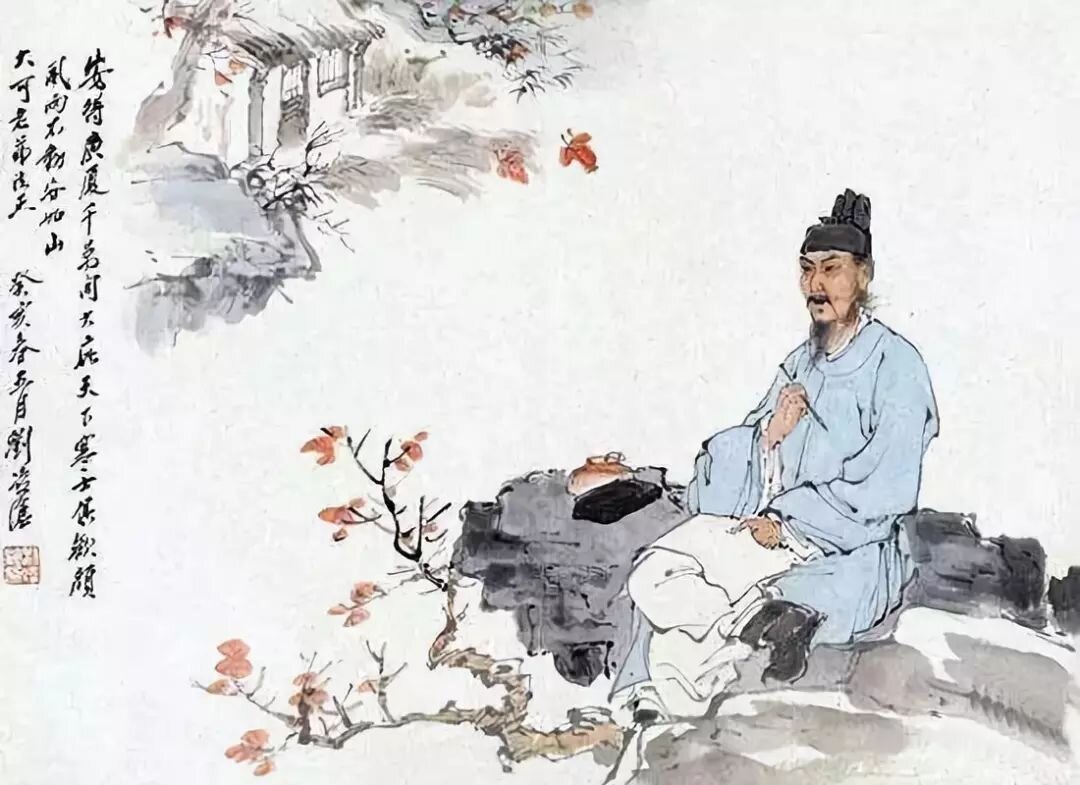
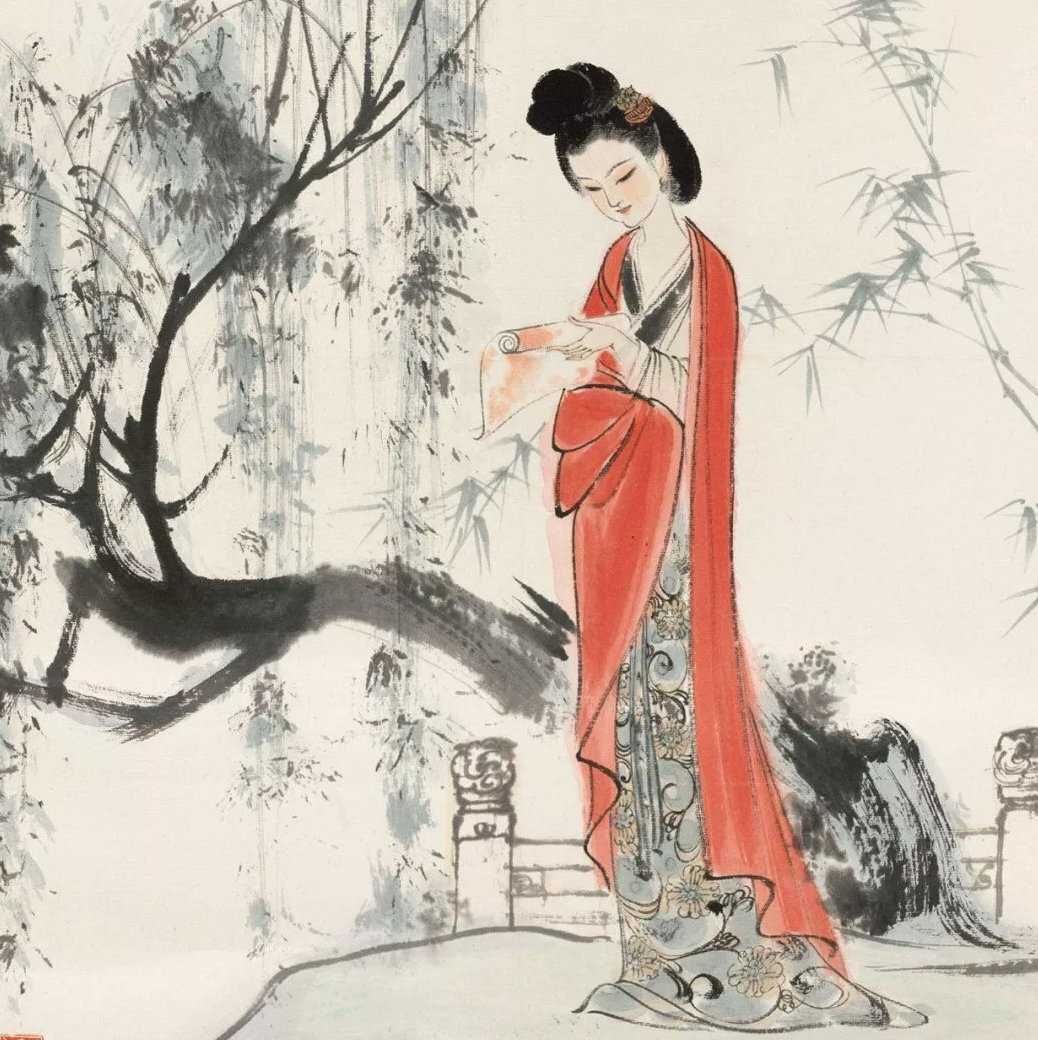
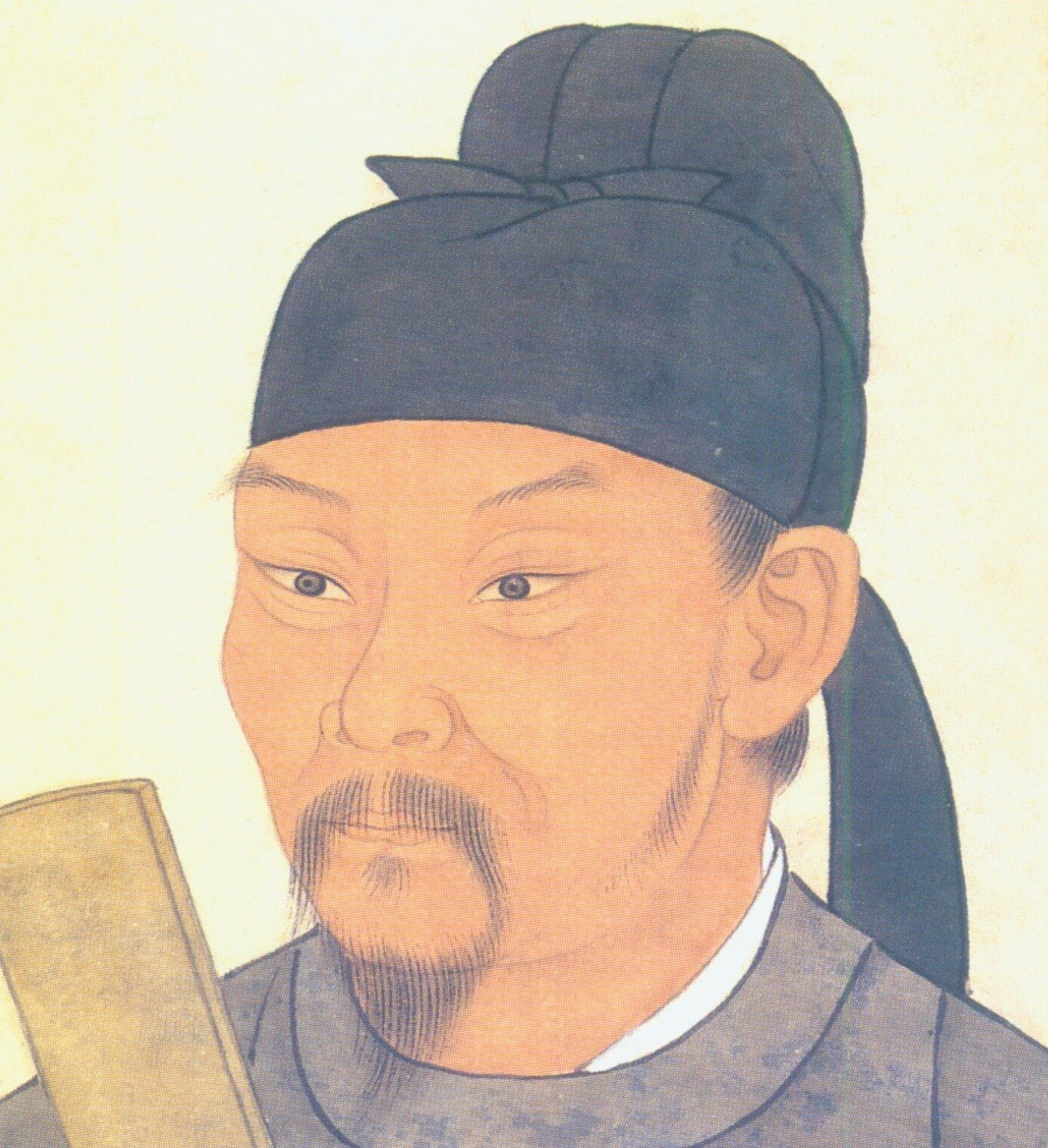
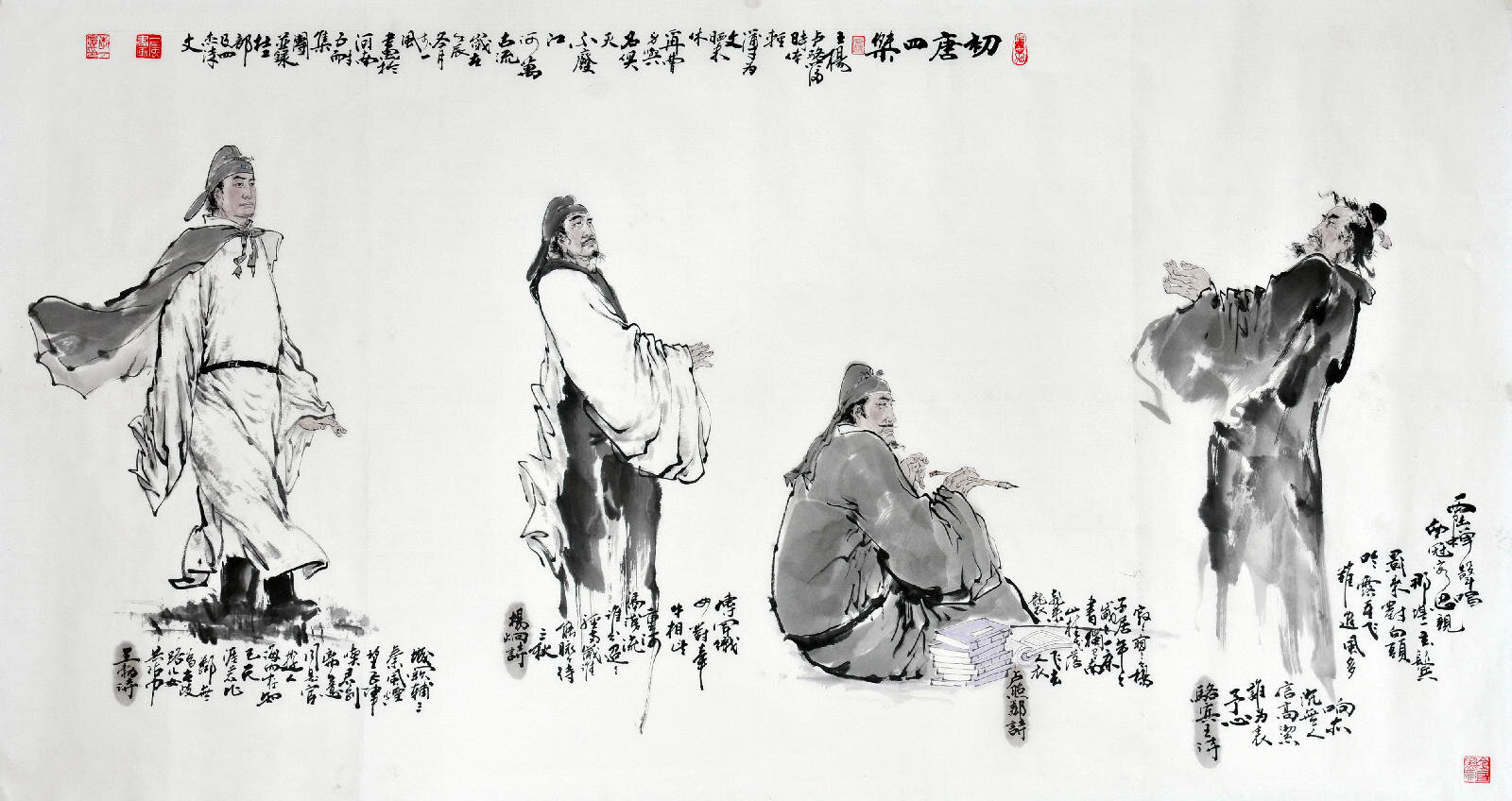
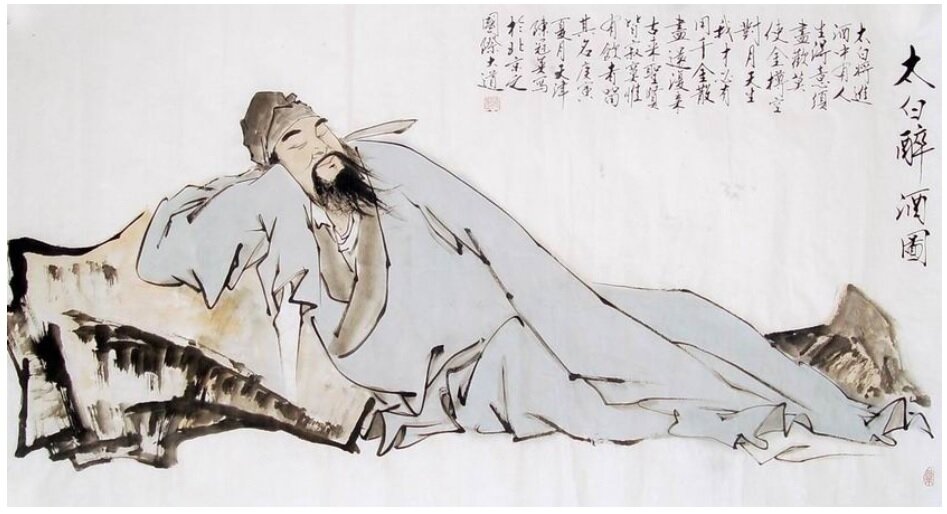

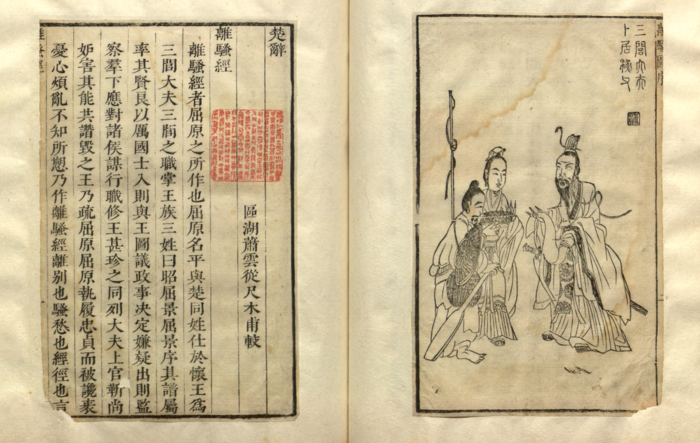
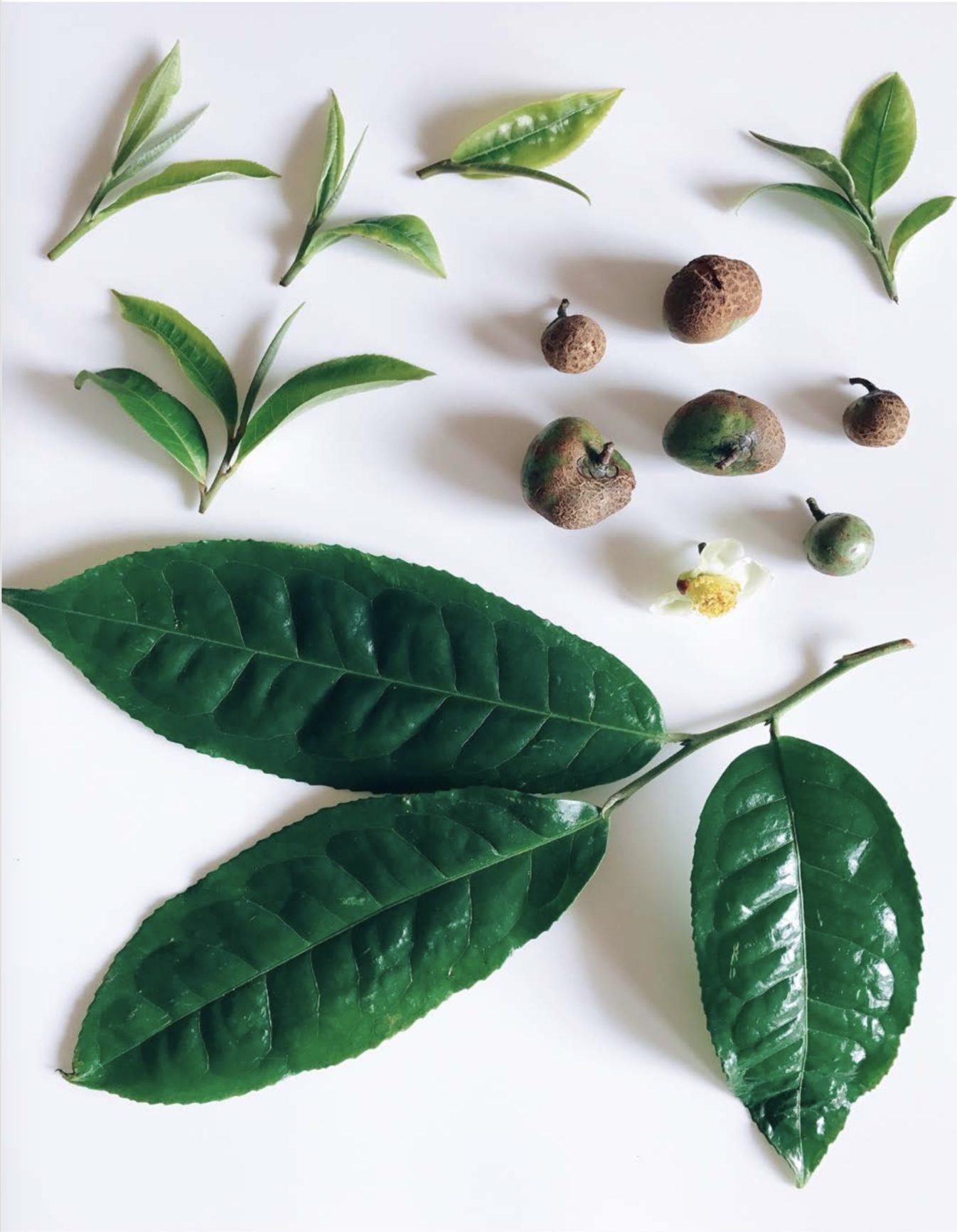
Fellow cat lover (ailurophile) Lee Moore of the Chinese Literature Podcast joins Laszlo for this CHP Special Episode where they chat about cats in Chinese history.